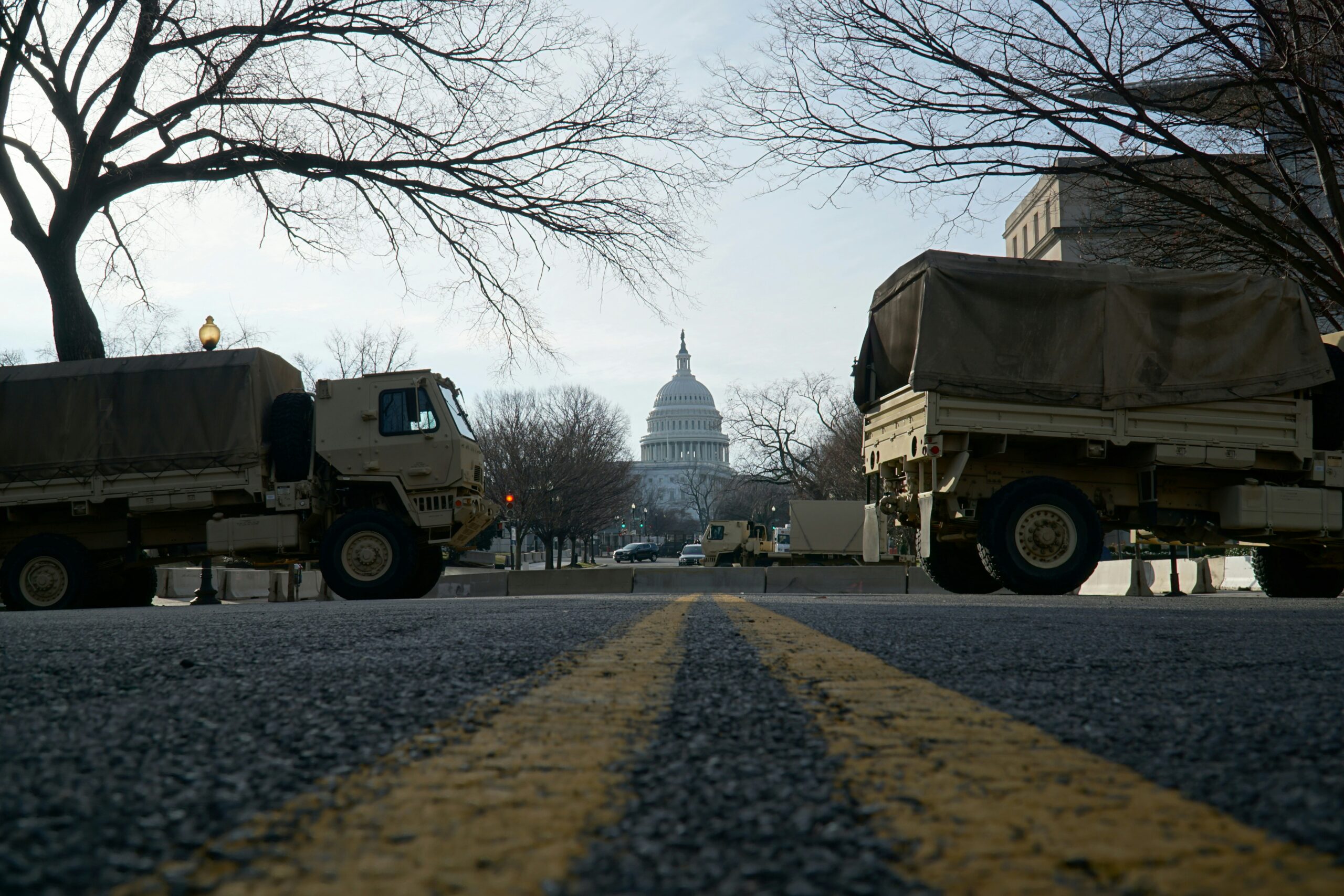
In a significant escalation of federal involvement in local law enforcement, six Republican governors have dispatched more than 1,100 National Guard troops to Washington, D.C. This deployment supports President Donald Trump’s intensified efforts to combat what he describes as a surge in violent crime in the nation’s capital.
Key Facts
- Republican governors from Mississippi, Louisiana, Tennessee, West Virginia, South Carolina, and Ohio have responded to President Trump’s request, deploying National Guard troops to Washington, D.C.
- The administration has also directed federal prosecutors in D.C. to aggressively pursue criminal cases, potentially increasing the federal charges faced by suspects.
- Despite reports of decreasing crime rates in D.C., the Trump administration cites high crime rates as justification for the federal intervention.
Background
The deployment follows an announcement on August 11 by President Trump regarding a temporary federal takeover of the D.C. police force, involving 800 federal National Guard members. This action aligns with Trump’s broader strategy of federal intervention in cities he deems inadequately controlled by local authorities. Previously, similar troop deployments were made in Los Angeles and threats of intervention were directed at New York and Chicago.
Amid these developments, the Department of Justice has initiated an investigation into potential manipulation of crime data by D.C. police officials, further complicating the federal-local dynamics.
Timeline/What We Know
- August 11: President Trump announces the federal takeover of the D.C. police force.
- Following days: Additional National Guard troops from six states are deployed.
- Recently: The Department of Justice opens an investigation into the accuracy of D.C. crime data.
Official Reactions
Local officials, including D.C. Mayor Muriel Bowser, have negotiated to keep Police Chief Pamela Smith in charge of police operations, despite the federal takeover. Meanwhile, critics argue that the deployment represents an overreach of executive power, potentially infringing on states’ rights and escalating tensions without clear justification.
Governors of the deploying states have expressed their support for the President’s initiative, emphasizing the need to restore order and prevent violence, with Louisiana Governor Jeff Landry affirming the deployment on social media platforms.
What’s Next
The influx of federal agents and troops into Washington, D.C. is likely to continue as the administration pursues its aggressive crime-fighting strategy. However, this federal strategy faces legal and political challenges, including potential conflicts over the Posse Comitatus Act, which restricts military involvement in domestic law enforcement. The situation remains fluid, with ongoing legal debates and public protests potentially influencing future actions.


